|
Tis the Season for Strategic Planning! Now is the time of year that many higher education fundraisers are doing two things:
I totally understand you are busy. Trust me. Between travel, work, and personal responsibilities, I’m stretched too. But, I think you should consider one more project: a benchmarking study. It's the missing piece of your strategic planning process. A benchmarking study is a survey of peer organizations that will give you insightful information about what your program should be doing. I assure you that this process doesn’t take long. The data you obtain will be so useful to you, I guarantee you that you will not regret investing the time. A benchmarking study can help you:
How do I get started? I have no time for this… This doesn’t have to take a long time. If you employ an intern or student worker, have them help you with the process. The first phase of identifying your peer institutions is the hardest part. Just hang with me and you'll find you can fit this in and that the long term benefits (to your institution and your own career) are worth it. Here’s the 5 phase process for doing a benchmarking study:
Phase 1: Research List your “peer institutions”. You know at least some of them. They might be your in-state rivals or other nearby institutions of similar size, age and student population. Your peer institutions are the ones that your boss always asks about in meetings: “What is XYZ College doing in this area?” Note: There is a big difference between a peer institution and an aspirant institution. An aspirant institutions is one that your institution wants to be like but isn’t. They are a significant level-up from you. They may have 50-100 years more institutional history, a much larger endowment, a larger student body or other significant indicators that make them just a bit beyond your organization. Sometimes leadership or volunteers believe a rival institution is a peer institution when it is actually a aspirant institution. When I was at Southern Miss, we were frequently compared with Mississippi State and Ole Miss, but Southern Miss is actually much more like Eastern Carolina University or the University of Memphis than either of those in-state rivals. It’s a bit dangerous to confuse an aspirant institution with a peer institution. You would be comparing apples to papayas. However, you can include them in your study because they are a great source of inspiration and ideas. Just mark them clearly in your data as aspirant and understand that they will likely have bigger budgets and bigger results. If you only can come up with a few institutions, do some internet searches to find similar organizations. You might google, “liberal arts colleges more than 100 years old” or “southern universities with endowments of less than $100 Million”. I recommend you have a list of 10-12 peer institutions and perhaps 3-5 aspirant institutions because not all the institutions will respond. Once you have a short list of potential peer and aspirant institutions, you (or your intern) should do a bit of research. You need to identity the equivalent program director at those places. For example, if your study is for annual giving, you will want to find the Director of Annual Giving at each place on your list. Record this staffer’s name, title, phone and email address in a spreadsheet. Phase 2: Create survey I recommend you ask a mixture of questions in these categories:
You can follow this process to design your survey for any area of development but here is what I’ve used before for annual giving. Annual Fund Questionnaire
Phase 3: Solicit participation Take your own survey for your institution putting in your data and make sure each question is clear and makes sense. When you do this, time yourself, so you have an accurate range of how long this will take. Construct an email to the staffers you recorded contact info for in Phase 1. Let them know that you would love for them to participate and the survey will only take XX minutes. (I would recommend that it take no longer than 15 minutes.) Then, and this is important, tell them that you will share the results of the survey with them to benefit their program as a thank you for their participation. Provide a deadline and let them know that you’ll remind them closer to the deadline. Keep your window not longer than 2 weeks out, otherwise there is no urgency to participate. Remind them 4-5 days later if they haven’t participated and again closer to the deadline. You can even through in a phone call 3 days before the deadline, especially if there is a school that you need feedback from for political reasons. Phase 4: Analysis Review your survey results, noting where your institution does well and where you fall short. What are the great ideas that stick out? What resources do other organizations have that you don’t? How might you get access to those resources? Compose your results into an executive summary sheet of 1-3 pages that can be included with your strategic plan or sent to relevant stakeholders as a stand-alone report. This report will be for your institution. You'll also need to consolidate and package up the raw survey results to send to your peer participants in Phase 5. Phase 5: Follow-Up Be professional and prompt with your follow up. Send a copy of every survey or the consolidated results to all survey participants. Do this within 2 weeks from the survey deadline. Thank them profusely and perhaps include an invitation to establish an on-going professional support relationship. Maybe you start a Facebook or LinkedIn group where you can compare data throughout the year on an ad-hoc basis. These relationships are of great value to your institution and to your own career. Conclusion This process shouldn’t be intimidating and when you are done with it, you will have some important tools in your strategic planning process. I did this exact process at The University of Southern Mississippi to prove my point that the annual fund had historically under-performed. The benchmarking study certainly showed the under-performance but it also showed similar institutions were raising so much more money, which meant there was no reason Southern Miss couldn’t do it too with strategy, consistency and investment. I’m happy to say that’s exactly what happened. I’m pleased to report the program has now exceeded the five year goals I set for it back in 2011-2012 when I did the benchmarking study. If you do this project, you’ll have some persuasive data to lobby for changes to your program. Plus, you’ll be seen as a self-starter not only in your office or institution but in the broader development community as well. It’s worth it. Have you undertaken a benchmarking study? Why or why not? What conclusions came out of your study? As always, comments and questions are welcome and encouraged! Cheers, Jessica PS - If you liked this post, you might also like these: PPS - If you found this article helpful, please comment and let me know. Also subscribe to Real Deal Fundraising so you don't miss a post! You'll get my guide to Call Center Games for Free! Part of my mission at Real Deal Fundraising is to support young fundraising professionals so that they stay in this industry and grow their careers.
To that end, I’ve been thinking about which skills I would advise a new fundraising professional to cultivate in order to have the best chance of career success. Here’s my list in no particular order
Most of these are abstract skills and really more traits that you can cultivate. All of them can be developed and maintained. Of the eight, I believe “Integrity” is the most important because it is foundational. The rest simply don’t matter without it. Second most important, in my estimation, is curiosity because it is engine behind your growth in this industry. Even if you have all of the other skills, you won’t keep up with the changes and trends without the drive to continually learn. To that end, I’ll continue to provide information and resources here on Real Deal Fundraising so the professionally curious can get the ideas they need to succeed as fundraising professionals. Did I overlook an essential fundraising skill? What would you add to this list? Comments and questions are, as always, welcomed and encouraged! Cheers, Jessica Cloud PS - If you liked this post, you might also like these:
PPS - If you found this article helpful, please comment and let me know. Also subscribe to Real Deal Fundraising so you don't miss a post! You'll get my guide to Call Center Games for Free! Connecting with a donor or potential donor is so vital before you ask for a gift. It's like removing many of the roadblocks between you and that "YES!" response you want.
People want to give to people they like. It's not much of a secret. Ultimately, as a fundraiser you are a conduit for the relationship between that donor and the institution (not with you personally) but they must enjoy speaking with you to want to continue a relationship with the institution. This is an important skill for any fundraiser to develop, from phonathon callers on up to executive directors, deans and development officers. I have been to MANY call centers where they use the same tired rapport-building questions year after year after year. We cannot let this happen. No one wants to spend their precious time telling a new person why they haven't been back to campus lately just like they did last year. Bad rapport-building has the opposite effect on the donor than that which we wish to cultivate. The first rule of building rapport is it must be DIALOG not MONOLOGUE. You must ask questions that will solicit meaningful conversation and back and forth. You (no matter if you are a student caller or the Vice President of Advancement) must not deliver a litany of great-stuff-happening-at-our-institution without stopping for breath. So, following this rule, we must construct meaningful rapport building questions. The second rule about rapport building is that these questions get stale. Every year (at least) new rapport builders should be generated and put into rotation. Here is some guiding criteria for generating these questions. Rapport building questions should:
What are some examples of strong rapport-building questions?
Does your rapport building need a refresh? Do you have some favorite rapport-building questions that I forgot to mention on my list? Comments and questions are, as always, welcomed and encouraged! Cheers, Jessica Cloud PS - If you liked this post, you might also like these:
PPS - If you found this article helpful, please comment and let me know. Also subscribe to Real Deal Fundraising so you don't miss a post! You'll get my guide to Call Center Games for Free! One of the most important alliances at a nonprofit organization is between the fundraising staff and the marketing/communications staff. Making sure that the message about the funds needed and how those funds connect to mission is a crucial element of success.
Despite the importance of cooperation, it can be frustrating for fundraisers to work with public relations officers who don't have much experience with advancement work. The communication folks may find messaging about fundraising to be crass or pushy. Consequently, they might not want to give development the appropriate amount of space in the marketing channels. Here a few tips I've used to improve the working relationship between development and marketing/communication colleagues: EDUCATION Educate them on what it takes to do your job! Let them know what your goals are and let them know how many messages and how many different channels you need to be participating in order to reach those goals. Show them statistics and analytics. Help make your goals into their goals. HELP THEM HELP YOU Make it as easy for them as possible to assist you. That means drafting a lot of your own messaging whenever possible, selecting your own images and putting all of that together into a comprehensive plan. Whether the plan is for social media or email or even your direct mail, if they assist you in managing any processes, be very clear about dates, times, and details. Having your plan together will help get them on board. SET THE TONE FOR TEAMWORK Like any important colleagues, acknowledge what it is that bring that they bring to the table that is unique. Make them understand that you're on the same team. As fundraisers, we strive to be donor-centric and therefore we are advocates for our constituents. Assure them you don't want to over-message to your constituents either. You're both playing on the same team and the goal of that team is to bring in the resources necessary for the organization to complete its important mission. BE FIRM ABOUT THE CALL TO ACTION Being a team player doesn't mean being a pushover. You understand the best way to motivate your prospects to give. Don't let your calls to action get buried in more general promotional materials. Insist upon clarity in this portion of your communication and you will see success. Similarly, be firm about deadlines. More general marketing materials aren't as time-bound as annual giving. It's called annual for a reason. You only have one year to get it done. FOCUS ON STORYTELLING Play to the strengths of your communications colleagues by asking for their assistance with storytelling. Framing a moving and emotional narrative will only make your fundraising materials stronger. This is a skill that should come very naturally to your communications allies. Tap their creativity in this area and not only will your messages improve but your colleagues will feel like an integral part of the team. I've worked at institutions where the dynamic between these two departments was less-that-optimal and it hampered fundraising productivity. I've also worked at institutions where there was a team atmosphere and mutual understand of goals. Everything is much easier when you focus on relationships first and foster learning and communication surrounding goals. How does the development team work with the communication staff at your institution? Do the two groups function as partners or as a client-service relationship? Comments and questions are, as always, welcomed and encouraged! Cheers, Jessica Cloud PS - If you liked this post, you might also like these:
PPS - If you found this article helpful, please comment and let me know. Also subscribe to Real Deal Fundraising so you don't miss a post! You'll get my guide to Call Center Games for Free! |
Jessica Cloud, CFREI've been called the Tasmanian Devil of fundraising and I'm here to talk shop with you. Archives
June 2024
Categories
All
|
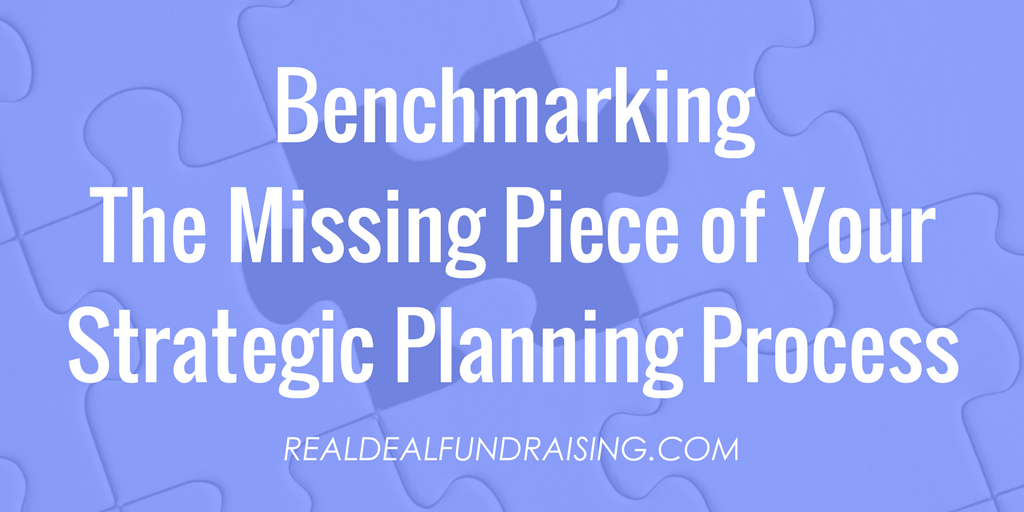
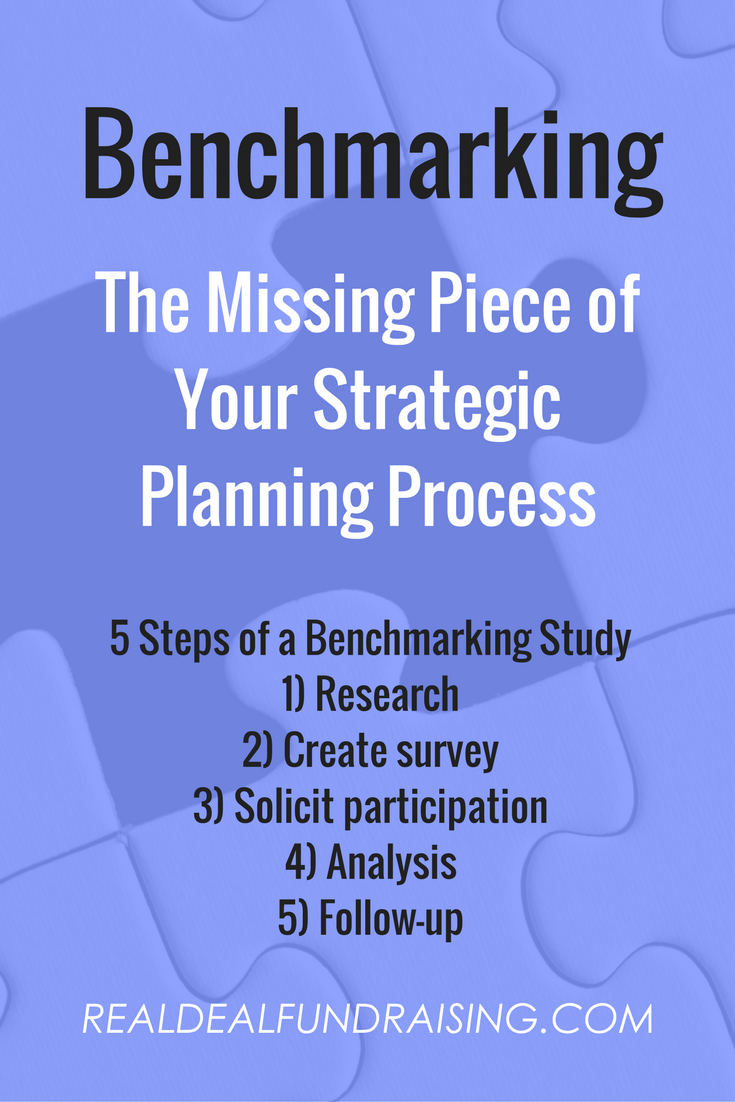

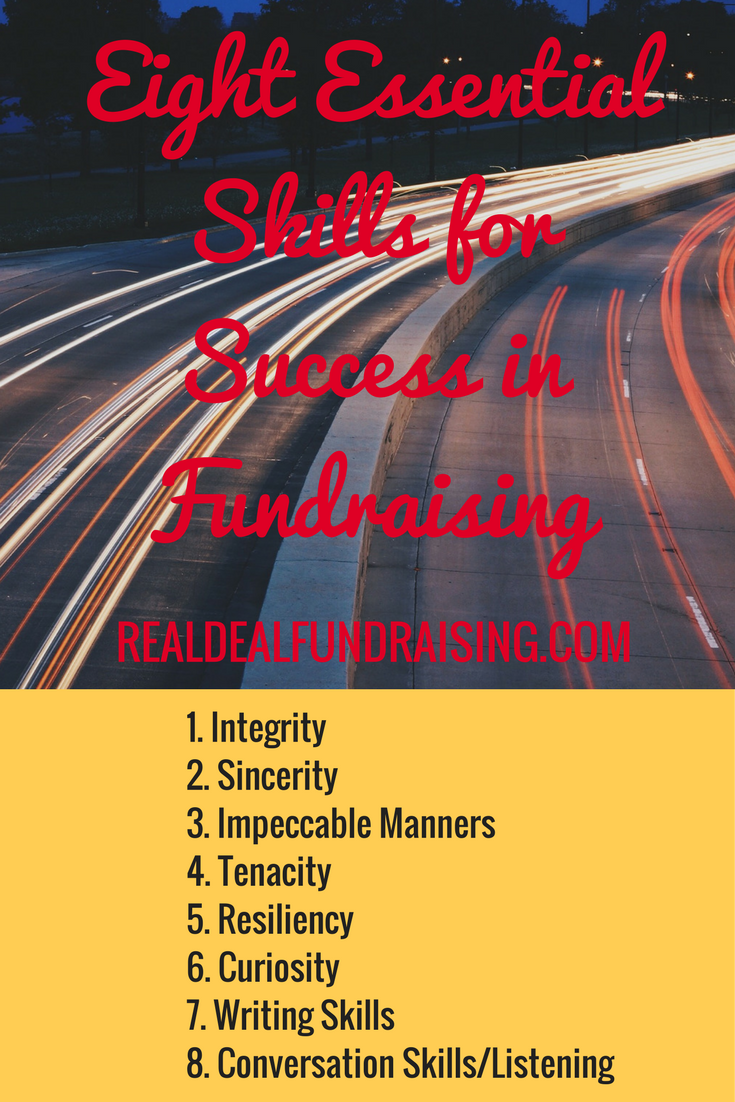

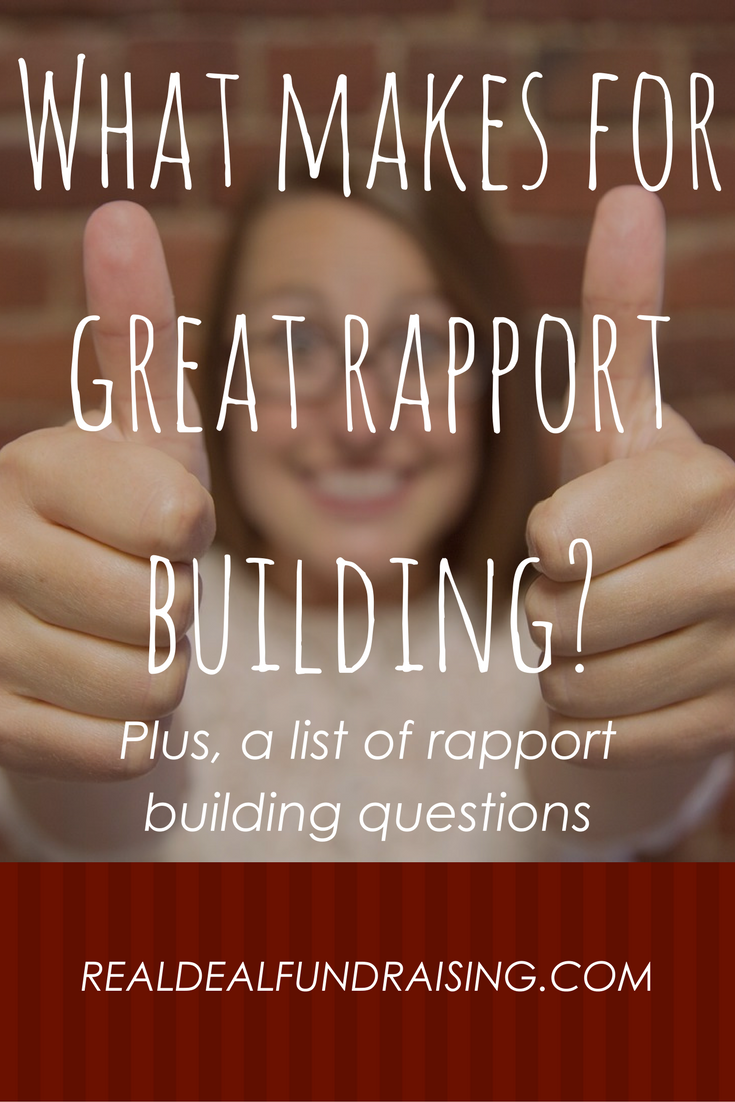
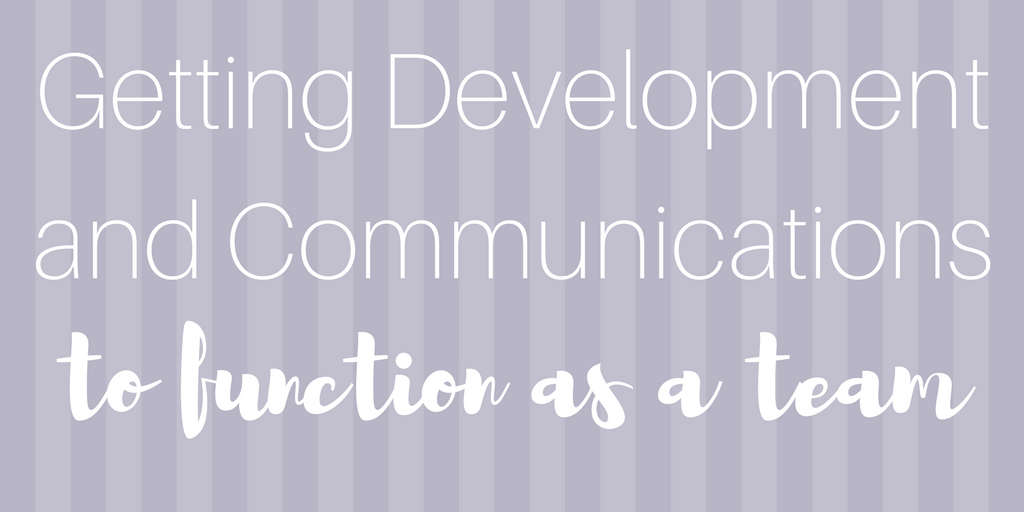
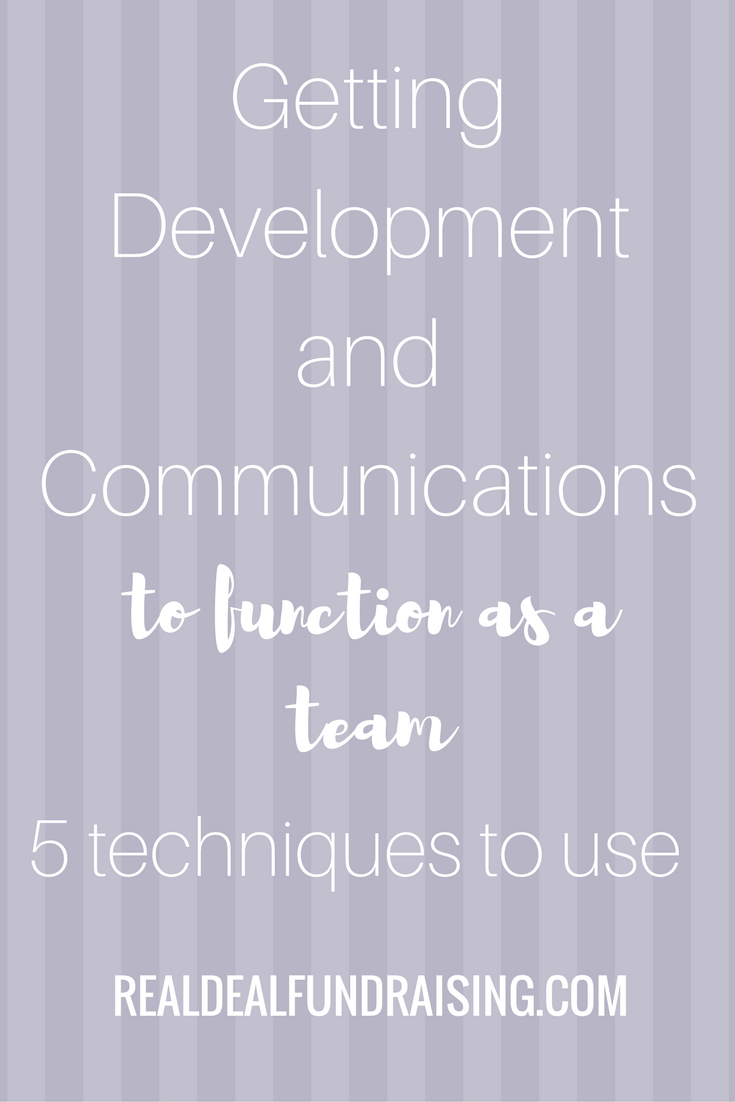
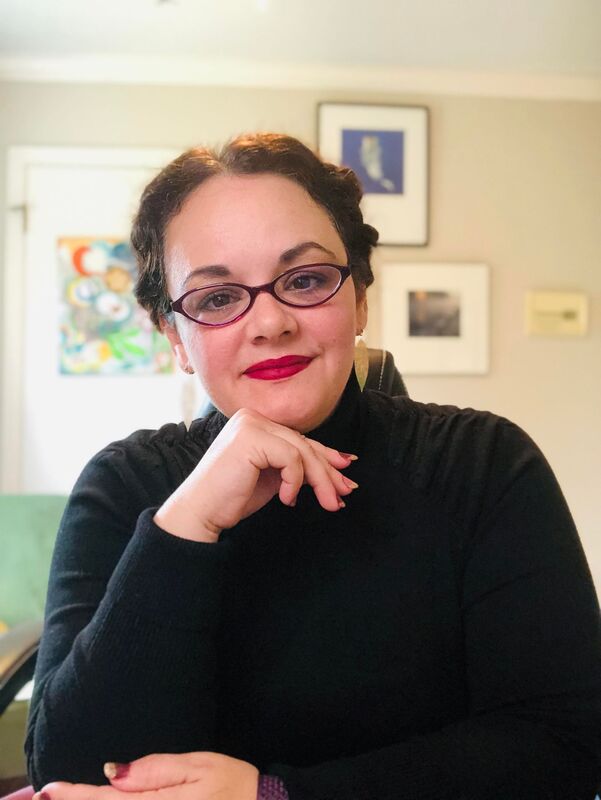
 RSS Feed
RSS Feed
